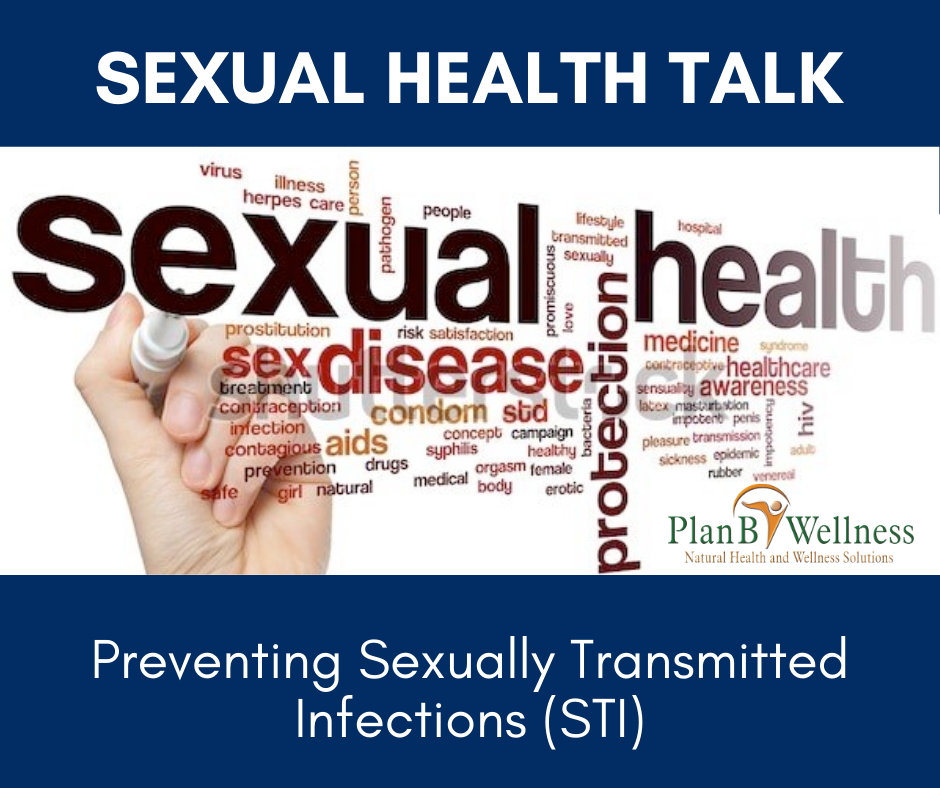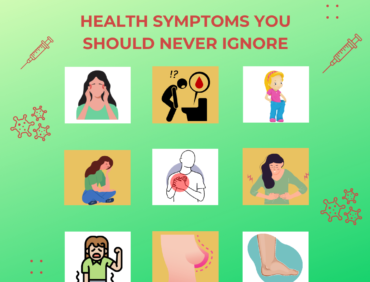More than 25 years ago, the World Health Organization declared:”There exist fundamental rights for an individual, including; freedom from organic disorders, diseases and deficiencies that interfere with sexual and reproductive function”. The result of this declaration was a stirred attention towards sexual health.
Till this moment, there are barriers interfering with the achievement of the vision, and these barriers are solely on the part of the individuals.
As an individual, it is important that you take responsibilities for your sexual health and address any sexual health issues with your health care physician and partner.
The term “sexual health” is a concept that describes various factors that impact sexual function and reproduction. This includes aspects of a person’s physical, mental and emotional well-being surrounding sex and sexuality.
A lot of persons have the understanding that sexuality is a natural part of someone’s life. But when it comes to making safe and reliable efforts to prevent STIs and unintended pregnancy, doing routine check-ups, including getting tested, seeking care and treatment when needed; not many people can confidently check off each of them from the list.
ISSUES AFFECTING SEXUAL HEALTH

There are various disorders that affect sexual health. They include:
- Gynaecological disorders, including pelvic inflammatory disease (PID), premenstrual syndrome, and endometriosis.
- Reproductive system disorders, including cancer, fibroid, ovarian cyst, etc.
- Sexually transmitted Infections/diseases
- Infertility problems
- Birth control
- Sexual dysfunction e.g erectile dysfunction (ED), premature ejaculation, painful intercourse, decreased/loss of libido, orgasm issues
- Cultural practices e.g Female Genital Mutilation
- Concerns regarding normal or acceptable sexual behaviour and lifestyles
- Psychological factors e.g depression, past sexual trauma, relationship problems
SEXUALLY TRANSMITTED INFECTIONS (STIs)

A sexually transmitted infection (STI) is an infection transmitted predominantly through sexual contact, caused by bacteria, viruses or parasites. This includes vaginal, anal and oral sex.
Some STIs can also be transmitted through non-sexual means such as via blood or blood products.
Sexually transmitted infections include: Chlamydia, Human Papillomavirus (HPV), Syphilis, HIV/AIDS, Gonorrhea, Public lice, Trichomoniasis, Herpes, Chancroid, Lymphogranuloma venereum, Granuloma inguinale, Molluscum contagiosum, Scabies and STDs from oral sex.
Generally, STIs are preventable, despite this; more than 1 million cases are acquired everyday, worldwide, according to World Health Organization.
Majority of these sexually transmitted infections have no symptoms or only mild symptoms that may not be recognized as an STI. This means that one can have STI without having obvious symptoms of it.
The common mild symptoms are:
- Vaginal discharge
- urethral discharge or burning sensation in men
- genital ulcers
- abdominal pain
- pain or discomfort during sex or urination
- painful or swollen testicles
- sores, bumps, or rashes on or around the vagina, anus, buttocks, thighs, penis, testicles, thighs or mouth
- Itchiness in or around the vagina
In some cases, STIs can have adverse effects on reproductive health, which include infertility or mother-to-child transmission.
PREVENTION OF STI

The only guaranteed method to prevent STIs is to abstain from all sexual contact. However, there are steps to limit the risks of STI when engaging in sexual activity.
- Be open and honest with your potential sex partner about both of your sexual histories.
- Know your partner’s sexual health status before having sex. This can only be known if you both get tested. In other words, get tested before having sex.
- Do not have sex when under the influence of alcohol or drugs.
- Get vaccinated against the Hepatitis A, Hepatitis B (HBV) and Human Papillomavirus (HPV).
- Use barrier methods e.g using condoms for sex, using dental dams for oral sex
- Practicing good hygiene before and after sexual contact (e.g washing of hands before sexual contact, rinsing off after any type of sex, urinating after sex to help prevent urinary tract infections (UTIs)).
- Use condoms rightly
- Always check expiration date before purchasing, talk less of using it
- Be sure to check for an air bubble. This shows it has not been punctured
- Put the condom on correctly
- Ensure the condom doesn’t slip. Hold onto it after sex
- Dispose off properly
- Never reuse a condom
Note
As an individual, it is important that you take responsibilities for your sexual health and address any sexual health issues with your health care physician and partner.
If this write-up has benefited you in anyway, kindly go ahead and share it with others too.
Have you had to deal with STIs before? How did you over come it? Perhaps, you are still battling with STI, how is it going? Let’s here from you in the comment section below.
Stay healthy and never give up!
Plan B Wellness Limited
+2348099666658 (Whatsapp, Call, SMS)
+2348099666650 (Call and SMS only)
Email: consult@planbwellness.com
IG: @planbwellness
Twitter: @planbwellness








[…] common causes of tubal problems include sexually transmitted infections like chlamydia and gonorrhoea, which can lead to pelvic inflammatory disease (PID), a generalized […]
[…] infections could be as a result of sexually transmitted infection (STI), such as Chlamydia, or a bowel […]